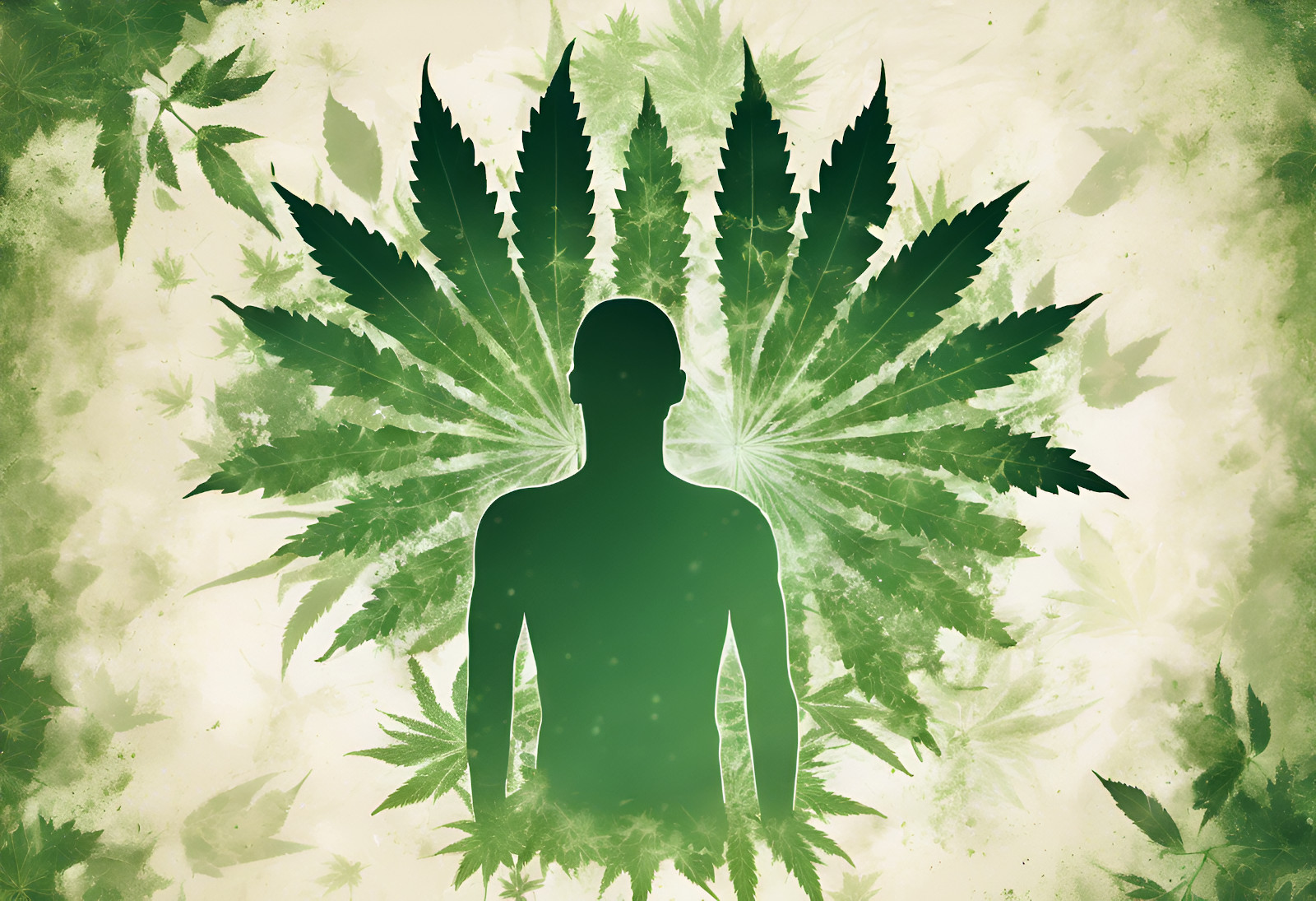The following information is for informational purposes only and does not constitute medical advice. Consult a doctor or specialized advisor if you have any questions about the health benefits of CBD and THC. In addition, be aware of local legislation to avoid conflicts and penalties.
CBD (cannabidiol) and THC (tetrahydrocannabinol) are two of the most prominent compounds from the cannabis plant. While THC is known for its psychoactive effects, CBD is gaining popularity due to its health benefits. This article sheds light on the differences between CBD and THC, describes the health benefits of CBD, and provides an overview of current applications.
Differences between CBD and THC
Chemical composition and pharmacological differences
CBD and THC are cannabinoids from the cannabis plant with very similar chemical structures, but significantly different pharmacological properties. THC binds directly to the CB1 receptors in the brain and produces psychoactive effects. In contrast, CBD acts indirectly on these receptors and can mitigate the psychoactive effects of THC.
Effect on the body
Studies show that THC causes psychoactive effects such as euphoria and altered sensory perceptions. CBD, on the other hand, is non-psychoactive and is prized for its calming and anti-inflammatory properties. Various studies have proven the anxiolytic and pain-relieving effects of CBD.
Areas of application: Medical and recreational use
While THC is mainly used recreationally, CBD is increasingly used medicinally due to its non-psychoactive properties. It is used to treat epilepsy, anxiety disorders, sleep disorders, symptoms of multiple sclerosis, and chronic pain and inflammation.
Benefits of CBD for health
Pain and anti-inflammatory
CBD has been shown to be effective in reducing pain and inflammation. It inhibits the release of pro-inflammatory substances and interacts with receptors in the endocannabinoid system, which helps relieve pain. In this way, it is already being used successfully as a therapeutic agent in some countries and is partly available free of charge or on prescription.
Anxiety and stress reduction
Studies show that CBD has anxiolytic and stress-reducing effects. This is due to CBD’s interaction with the serotonin receptor 5-HT1A, which plays an important role in regulating anxiety and mood.
Neuroprotective properties
CBD has neuroprotective properties and could positively influence neurological diseases such as Alzheimer’s, Parkinson’s and multiple sclerosis. It reduces inflammation and oxidative stress in the brain and can thus contribute to the improvement of neurological functions.
Other health potentials: sleep, skin, heart health
CBD can promote sleep, relieve skin conditions such as acne, and improve heart health by lowering blood pressure and reducing inflammation.
Medical indications for CBD
Treatment of epilepsy
CBD has been particularly effective in treating epilepsy, especially in rare and severe forms such as Dravet syndrome and Lennox-Gastaut syndrome. It can significantly reduce seizure frequency and is therefore considered a promising therapeutic option.
Support for chronic pain
Many patients with chronic pain report significant pain relief from taking CBD. Through its anti-inflammatory properties, CBD can effectively relieve pain and improve quality of life.
Use for mental disorders
CBD is increasingly being used in the treatment of mental disorders such as anxiety disorders, depression, and PTSD. Clinical studies show that CBD has positive effects on the symptomatology of these disorders and can be considered as a natural treatment option.
Cannabis – Plant with two faces
CBD offers a variety of health benefits and has the potential to serve as a natural alternative to traditional medications. Although scientific research is ongoing, recent studies show positive effects of CBD on various aspects of health. Future research will further elucidate how CBD can be optimally used to promote health and well-being.
